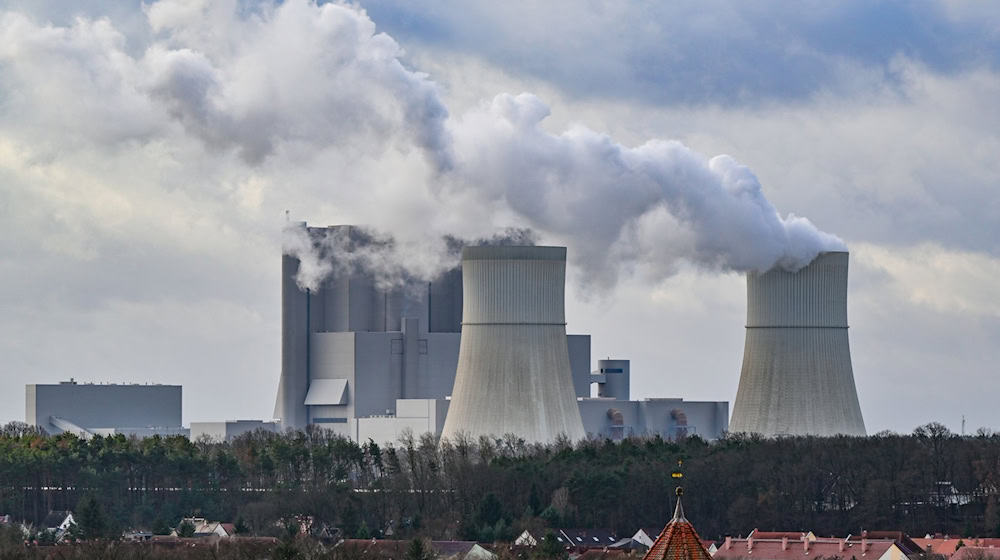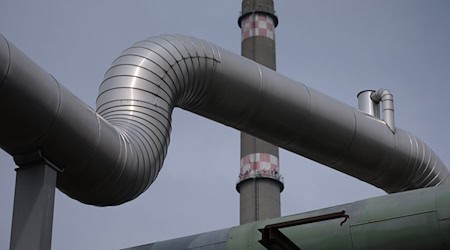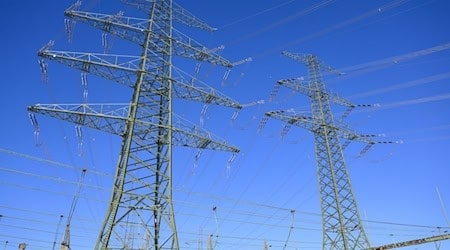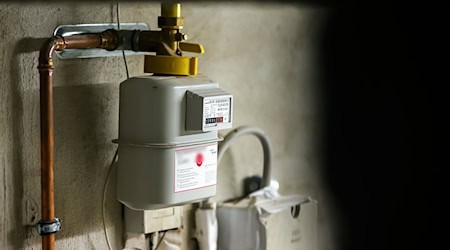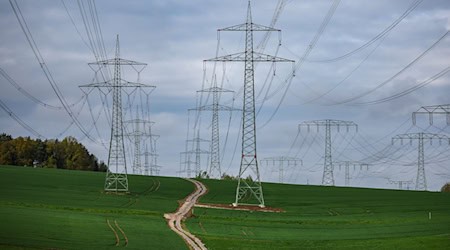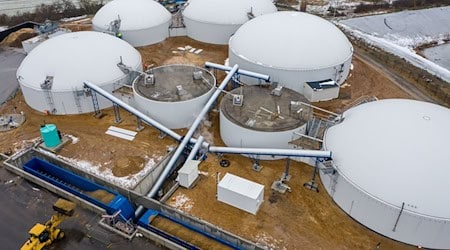The 1.2 billion euros in "fixed costs" for post-mining costs - i.e. mainly recultivation costs - will not go to Brandenburg and Saxony in equal shares. "Based on the total obligation and the shares in the federal states, the ratio is 43 percent for the state of Brandenburg and 57 percent for the Free State of Saxony," explained a spokesperson for the Brandenburg Ministry of Economic Affairs when asked. The extent of the recultivation would depend on the specific concepts, which would vary in scope.
In order to cushion the coal phase-out in eastern Germany, the EU Commission has given the green light in principle for state compensation for the mining company Leag. This involves an amount of up to 1.75 billion euros. The background to this is the agreed gradual phase-out of coal by 2038. The 1.2 billion euros for recultivation and social agreements will be paid regardless of when Leag actually stops generating electricity from coal.
The remainder of up to 550 million euros is subject to conditions, according to the Federal Ministry of Economics. It will be taken into account if it is confirmed in the future that Leag's power plants would have been profitable beyond the decommissioning dates stipulated in the law to end coal-fired power generation and that Leag is therefore losing out on profits due to the statutory phase-out regulation.
The Greens in the Brandenburg state parliament recently criticized that the distribution of the funds had been insufficiently explained by the Minister of Economic Affairs. Around 43 percent of the compensation will now go to Brandenburg - i.e. 516 million euros. Around 684 million euros are to go to Saxony. "The question of the costs of recultivation and the financing of LEAG with tax revenues remains a closed book, even for us parliamentarians," said the head of the Green parliamentary group, Benjamin Raschke, at the beginning of the week. The Brandenburg State Chancellery must finally make transparency possible.
Copyright 2024, dpa (www.dpa.de). All rights reserved

